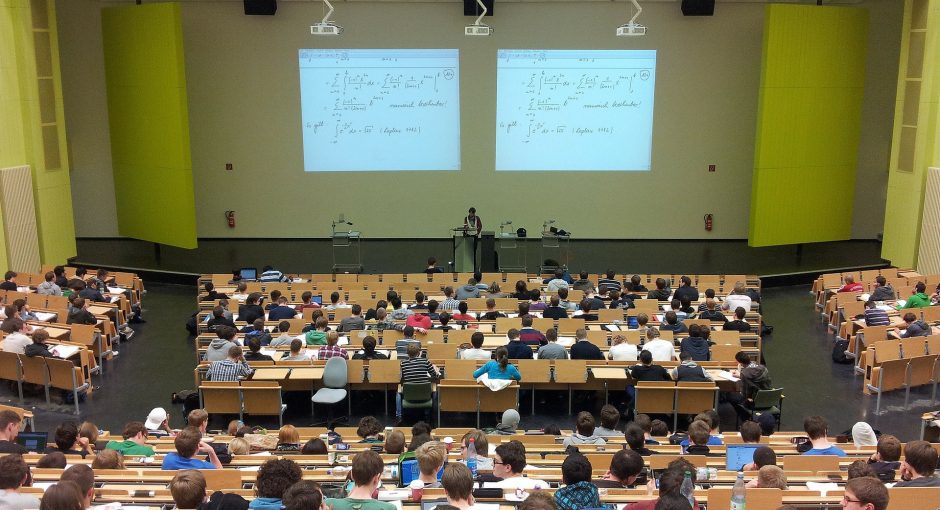Engineers belong to one of the greatest professions in the world; responsible for almost everything we use, consume and take part in every day. From leisure activities to medical treatment, mobile communications to modern transport systems, Engineers have often found themselves in key positions in industry and commerce.
However this trend goes further and broader than businesses that can be classified as “engineering.” Choosing the right Engineering course and university can be difficult and it is crucial to understand which university is best for you when taking into consideration your academic background, future career goals, and where you wish to specialise in.
The UK has some of the best and highest ranked engineering schools in the world. Some of the very best Electronic Engineering Universities include Southampton and Sheffield, while Civil Engineering universities that continue to impress in the rankings are Imperial College London and Durham.
Within the wide boundaries of the engineering profession, there are thousands of challenging activities in areas such as research, development, design, manufacture and operation of products and services.
Careers in Engineering
Demand for good engineers is high, in practically every country in the world. In the finance, mechanical, IT and electronics sectors in particular, there are world shortages of Chartered and Incorporated Engineers, and unemployment amongst professional engineers is lower than for almost any other profession.
In the UK alone, engineering-led industry contributes about 40% of its gross domestic product, and is a key part of its national economy. From F1 to household electrician, the role of the engineer is crucial. For anyone looking for a rewarding future with a wide variety of employment prospects, there has never been a more exciting time to embark on a career in engineering. Find more details on possible roles below:
Chemical Engineering… is the branch of engineering that deals with the application of physical science (e.g., chemistry and physics), and life sciences (e.g., biology, microbiology and biochemistry) with mathematics and economics, to the process of converting raw materials or chemicals into more useful or valuable forms. Chemical engineers ensure the processes are operated safely, sustainably and economically when converting raw materials or chemicals into more useful or valuable forms.
Civil Engineering… is a professional engineering discipline that deals with the design, construction, and maintenance of the physical and naturally built environment, including works like bridges, roads, canals, dams and buildings. It is traditionally broken into several sub-disciplines including environmental engineering, geotechnical engineering, structural engineering, transportation engineering, municipal or urban engineering, water resources engineering, materials engineering, coastal engineering, surveying, and construction engineering. Civil engineering takes place on all levels: in the public sector and in the private sector from individual homeowners through to international companies.
Electrical Engineering… is a field of engineering that generally deals with the study and application of electricity, electronics and electromagnetism. It now covers a range of subtopics including power, electronics, control systems, signal processing and telecommunications. Usually electrical engineering is considered to deal with the problems associated with large-scale electrical systems such as power transmission and motor control, whereas electronic engineering deals with the study of small-scale electronic systems including computers and integrated circuits
Mechanical Engineering… is a discipline of engineering that applies the principles of physics and materials science for analysis, design, manufacturing, and maintenance of mechanical systems. It is the branch of engineering that involves the production and usage of heat and mechanical power for the design, production, and operation of machines and tools. It is one of the oldest and broadest engineering disciplines.
The engineering field requires understanding of core concepts including mechanics, kinematics, thermodynamics, materials science, and structural analysis. Mechanical engineers use these core principles along with tools like computer-aided engineering and product lifecycle management to design and analyze manufacturing plants, industrial equipment and machinery, heating and cooling systems, motorized vehicles, aircraft, watercraft, robotics, medical devices and more.
Computer Engineering… deals with the design of computers and computer systems. This may involve the design of new hardware, the design of PDAs, USBs or the use of computers to control an industrial plant. Computer engineers may also work on a system’s software. However, the design of complex software systems is often the domain of software engineering, which is usually considered a separate discipline. Desktop computers represent a tiny fraction of the devices a computer engineer might work on, as computer-like architectures are now found in a range of devices including video game consoles and DVD players.










